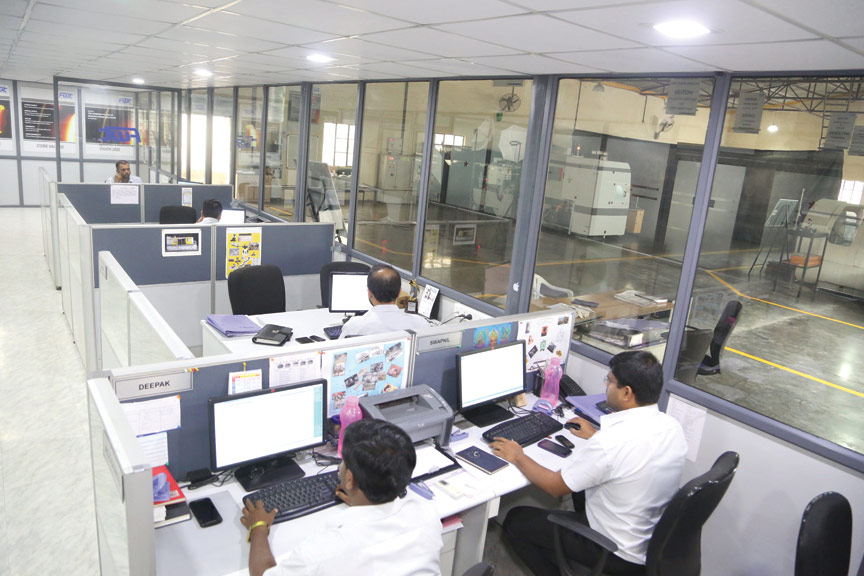Noisy offices may be considered lively by some working professionals, but they can terrible and can affect productivity of employees. To tackle the growing levels of office noise, one can make some simple changes to layout and decor.
Nakul Mathur, Managing Director, Avanta Business Center and Vinay Singh, Co-founder and Advisor of Hunt Offices, list down some points.
Ceilings can play a critical role in reducing sound in cabins: Replacing regular ceiling tiles with acoustical ceiling tiles will help decrease noise levels. Aesthetically, unfinished concrete or wooden ceiling panels offer an authentic look that is in trend amongst the many designers, space planners for industrial-look workplaces.
Use carpet floors for added sound control
Replacing hard flooring with carpet will have a significant impact on office noise levels. All carpet improves noise levels compared with hard surface flooring, but cushion-backed carpet tiles would offer the ultimate in noise reduction.
Cushion-supported modular carpet absorbs 50 per cent more noise than hard-surfaced tiles, which in turn absorb three times more noise than the hard flooring.
Dividers to block the noise happening due to the conversation
Sound travels further in open offices, with no walls to block noise from conversations, moving chairs, and foot traffic.
Get Innovative with layout changes
Modifying the layout can make a generous effect to office noise levels, by managing the flow of people and changing how various areas are used.
Establish dedicated zones
In an open office, it’s essential to make a distinction between your heads-down workspace, breakout areas, and communal areas, such as kitchen and dining facilities.
With clearly defined breakout areas for informal meetings and collaborative work, and kitchen spaces for eating and conversation, ones heads-down workspace will become quieter because casual conversations will be taking place elsewhere.
Furnishing and equipment
In contribution to the larger structural and layout enhancements, there are possibilities for littler changes available such as noise absorbing furniture and equipment which help as a solution to reduce ambient noise.
Perhaps the most obvious way to reduce noise in your open office space is by purchasing a pair of high-quality noise resisting headphones. Some tech brands boast 100% noise reduction using microphones and special processing to create an opposite sound wave than the one headed for your eardrum.
Include more soft furnishing
Delicate surfaces ingest more stable than hard surfaces, reducing reverberation and lowering ambient noise levels – just like switching hard flooring to modular carpet.
Experiment with sound masking
Certain sounds are more distracting than others, and in open offices, overheard speech is the most serious issue. A few organizations have made an irregular move to defeating this, utilizing different sounds to block out conversation.
Known as sound veiling, surrounding noise, for example, white noise or the sound of rainfall is utilized to cover up more disruptive sounds. It’s significant this doesn’t really make a space calmer; it just makes a few sounds seem less problematic. IANS

